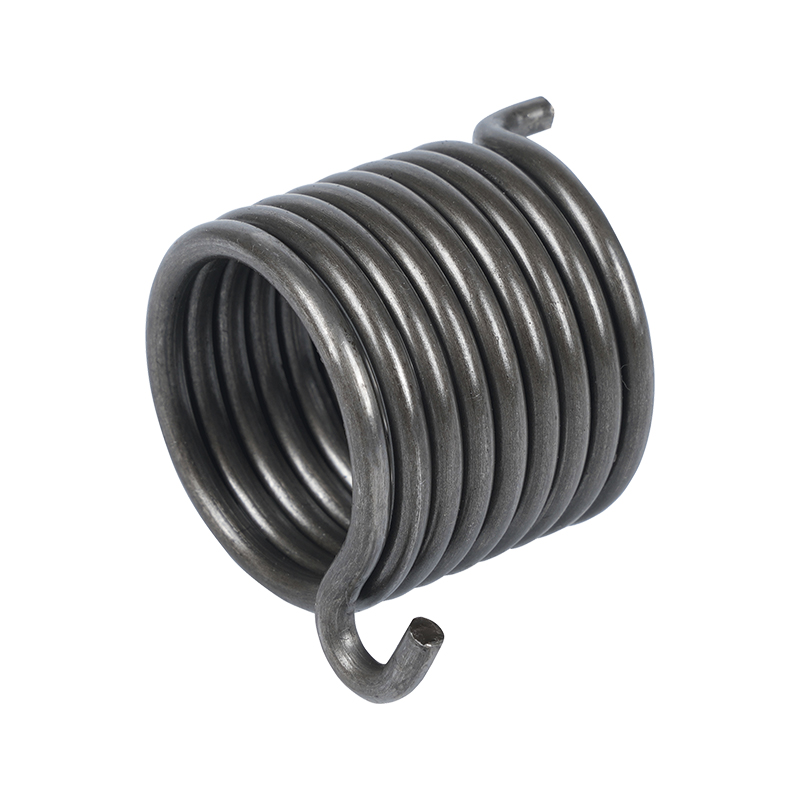Material Selection in Steel Pipe Fabrication: Balancing Strength and Corrosion Resistance
In the realm of industrial manufacturing, Steel Pipe Fabrication stands as a critical process serving multiple sectors such as construction, oil and gas, and mechanical engineering. One of the important factors influencing the quality and functionality of fabricated steel pipes is the careful selection of raw materials. Understanding the properties of different steel types and how they affect pipe performance is essential for delivering durable and efficient solutions.
Comparing Steel Materials for Steel Pipe Fabrication
Steel pipes can be fabricated from various steel types, with carbon steel, stainless steel, and alloy steel being the commonly used. Each steel category offers unique benefits that cater to specific fabrication requirements.
Carbon steel remains widely favored in Steel Pipe Fabrication due to its cost-effectiveness and mechanical strength. It is especially suitable for applications where high strength is required without corrosion resistance. However, carbon steel pipes often require protective coatings or treatments to enhance their durability in corrosive environments.
Stainless steel, by contrast, excels in corrosion resistance thanks to its chromium content. This property makes stainless steel pipes ideal for applications involving exposure to moisture, chemicals, or high temperatures. Although more expensive than carbon steel, stainless steel in Steel Pipe Fabrication delivers long-term reliability in harsh conditions.
Alloy steel offers a middle ground with added elements such as nickel, molybdenum, or vanadium to improve strength, toughness, and corrosion resistance. The versatility of alloy steel allows fabricators to tailor pipe properties precisely, matching stringent operational needs.
Choosing the Right Steel for Strength and Corrosion Resistance
Selecting the appropriate steel material for Steel Pipe Fabrication requires a detailed assessment of the intended application environment and mechanical demands. For example, pipelines in the oil and gas industry often face both high pressure and corrosive media, necessitating steel with tensile strength and corrosion resistance. In such cases, alloy steel or specially treated stainless steel pipes are preferred.

Conversely, structural steel pipes used in construction may prioritize strength and weldability over corrosion resistance. Here, carbon steel with appropriate surface protection often meets the requirements while managing project budgets effectively.
Understanding these trade-offs allows engineers and fabricators to recommend steel grades that optimize both performance and cost. Collaborating closely with clients during the material selection phase is a key component of successful Steel Pipe Fabrication projects.
Impact of Material Treatment on Fabrication Performance
Beyond the steel grade itself, material treatments play a vital role in enhancing the fabrication process and the final product quality. Heat treatments, such as annealing or quenching, modify the steel’s microstructure, improving ductility, hardness, or toughness. This is particularly valuable in Steel Pipe Fabrication when bending, welding, or shaping the pipe to precise specifications.
Surface treatments, including galvanization, painting, or coating with anti-corrosive materials, extend the service life of fabricated steel pipes by protecting against rust and environmental damage. These treatments are often essential for carbon steel pipes to ensure longevity in outdoor or industrial settings.
Additionally, precision in material treatment helps reduce defects during fabrication, such as cracking or warping, which can compromise structural integrity. Therefore, comprehensive treatment protocols are integrated into the Steel Pipe Fabrication workflow to maintain high standards.
Material selection is a cornerstone of quality in Steel Pipe Fabrication. The choice between carbon steel, stainless steel, and alloy steel directly influences a pipe’s strength, corrosion resistance, and suitability for various applications. Coupled with proper heat and surface treatments, these material choices enable fabricators to meet demanding industry standards.
As industries evolve and face stricter performance and environmental requirements, the role of precise material selection and treatment in Steel Pipe Fabrication will only grow in importance. By leveraging these insights, manufacturers can deliver durable, efficient, and cost-effective steel pipe solutions tailored to their clients’ unique needs.


 English
English русский
русский Español
Español











